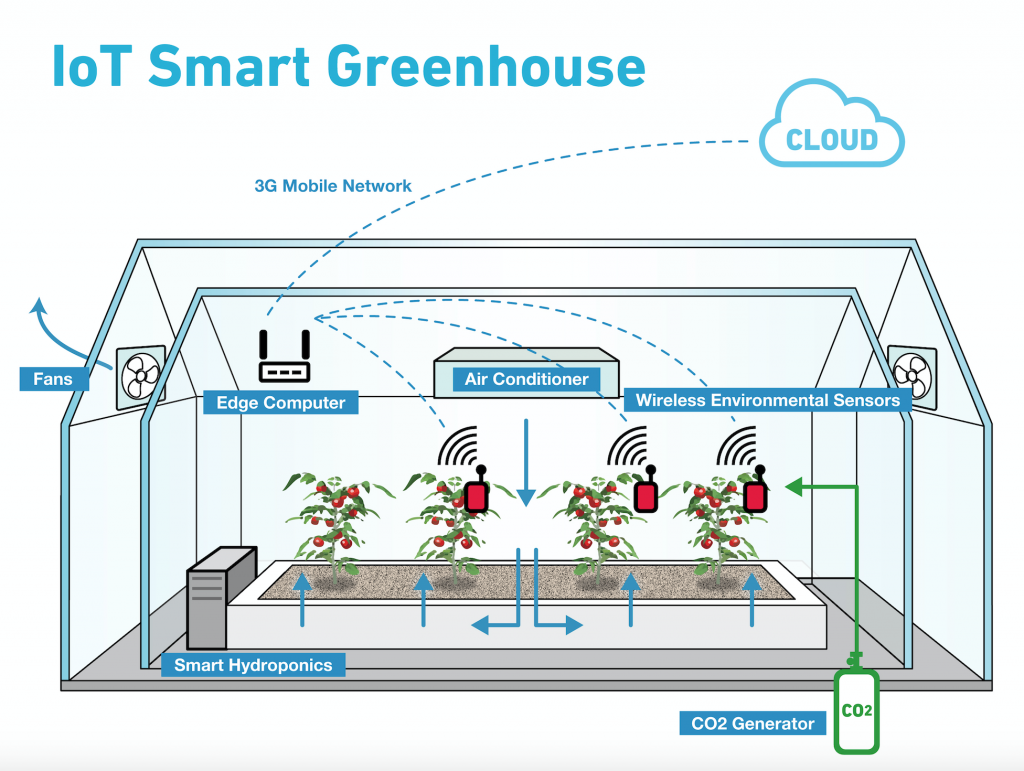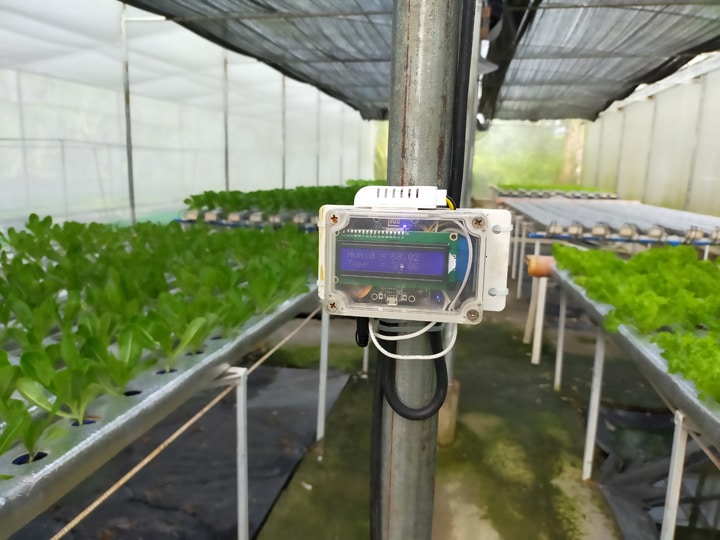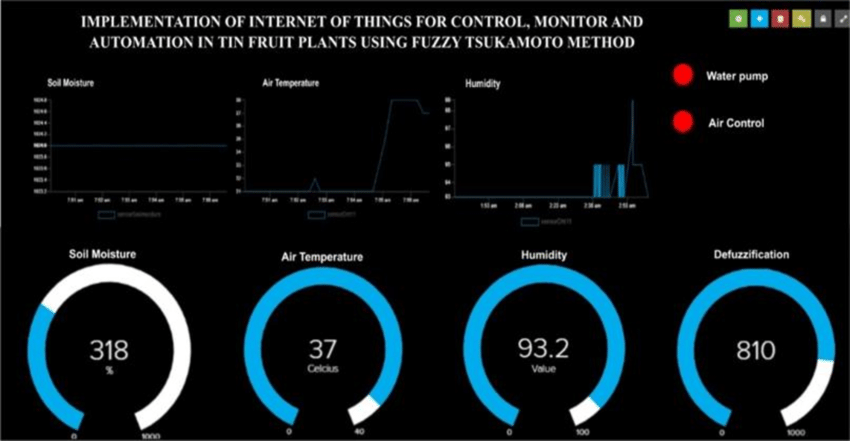
Future Agriculture: The Role of Technology in Hydroponic Farming
Hydroponic farming, once a niche concept, is now at the forefront of agricultural innovation, and technology plays a pivotal role in propelling this method to new heights. This soil-less cultivation technique, where plants grow in nutrient-rich water solutions, is being transformed by cutting-edge technologies, ushering in a new era of efficiency, sustainability, and productivity.
Automated Monitoring Systems:
Technology has introduced automated monitoring systems that continuously track and adjust crucial environmental variables. Sensors measure factors like pH levels, nutrient concentrations, temperature, and humidity, ensuring an optimal growing environment for plants. This real-time data empowers farmers to make informed decisions, promoting healthier plant growth and maximizing yields.

Precision Agriculture Techniques:
Precision agriculture, a technology-driven approach, has found its way into hydroponic farming. Drones equipped with sensors and cameras survey crops, collecting detailed information about plant health, growth patterns, and potential issues. This data is invaluable for farmers, enabling them to detect and address problems promptly, resulting in more efficient resource utilization.
Climate Control and Artificial Intelligence:
Controlled-environment agriculture relies on sophisticated climate control systems. These systems leverage artificial intelligence (AI) to analyze data and adjust factors like temperature, humidity, and lighting in real-time. AI algorithms learn from patterns, optimizing the growing conditions for specific crops. This ensures year-round production, enhances crop quality, and minimizes resource waste.
Hydroponic Internet of Things (IoT) Integration:

The Internet of Things (IoT) has permeated hydroponic farming, connecting various devices to streamline operations. Smart irrigation systems, nutrient dosing controllers, and environmental sensors communicate seamlessly, creating a synchronized ecosystem. This interconnectedness not only improves efficiency but also facilitates remote monitoring and control, allowing farmers to manage their hydroponic setups from anywhere.
Vertical Farming Solutions:
As urbanization intensifies, technology enables the implementation of vertical farming systems. These innovative setups stack layers of hydroponic beds vertically, optimizing space usage. LED lighting, precisely tuned to mimic sunlight, promotes photosynthesis in plants. This vertical approach allows for increased crop yield per square foot, making hydroponic farming a viable option in urban areas with limited space.
Blockchain for Traceability:
Blockchain technology is being explored for enhancing traceability in hydroponic farming. By recording every stage of the supply chain – from planting and harvesting to packaging and distribution – blockchain ensures transparency and traceability. Consumers can access detailed information about the origin and journey of the produce, promoting trust and accountability in the industry.
The bottom line:
In conclusion, the integration of technology into hydroponic farming is transforming agriculture into a more sustainable, efficient, and data-driven industry. As technological advancements continue to unfold, the future of hydroponic farming looks promising, with the potential to address global food challenges and contribute to a more resilient and sustainable food supply.
Success stories when using technology applied to hydroponics
Plenty, a vertical farming company headquartered in San Francisco, employs technology to create an ideal growing environment for plants. Their farms use machine learning algorithms to analyze and respond to plant needs, ensuring optimal growth conditions. Plenty's hydroponic systems, coupled with smart farming technology, have enabled them to produce a variety of crops with increased yield and reduced environmental impact. The success of Plenty highlights the potential for technology to address food security challenges through innovative farming practices.
– Plenty